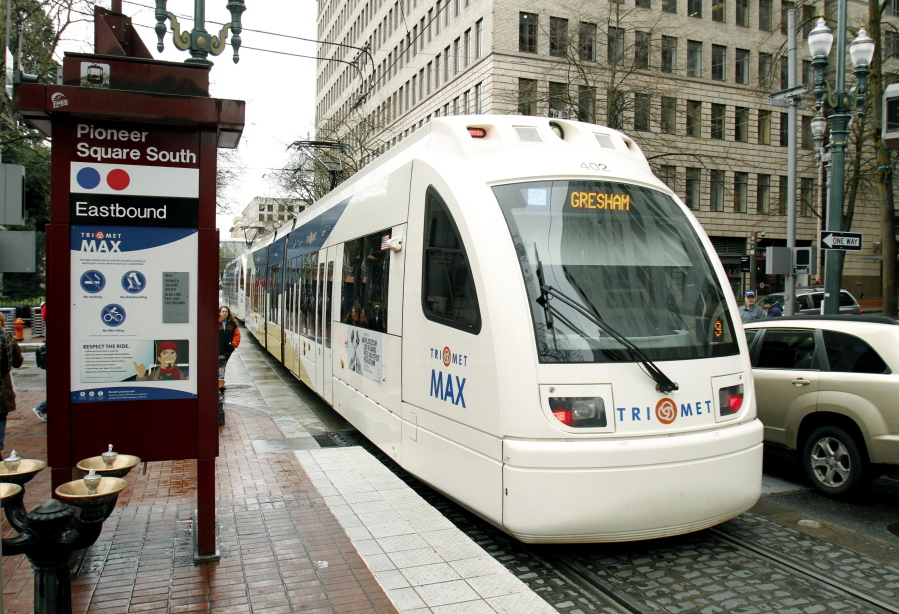PORTLAND (AP) — TriMet might ask congestion-weary voters to help pay for a new light-rail line and other transportation projects.
The Oregonian/OregonLive reported the plan — as currently imagined — would place a $1.7 billion bond measure on the November 2018 ballot. If passed, it would impose a new property tax assessment on homeowners within the service area. The assessment would cost the average homeowner an additional $150 a year. Vehicle registration fees would also increase.
Officials with the Portland-based regional mass transit agency caution the proposal is in the exploratory stage, and could be changed or scrapped. But they are aware that motorists are tired of ever-worsening bottlenecks in the tri-county region, confirmed by a recent report from the Oregon Department of Transportation.
“We know from the polling that we’ve done that the residents of the region are very concerned about congestion,” said Bernie Bottomly, TriMet’s executive director of public affairs. “They feel it every day, and they really want to see something done to address it.”



